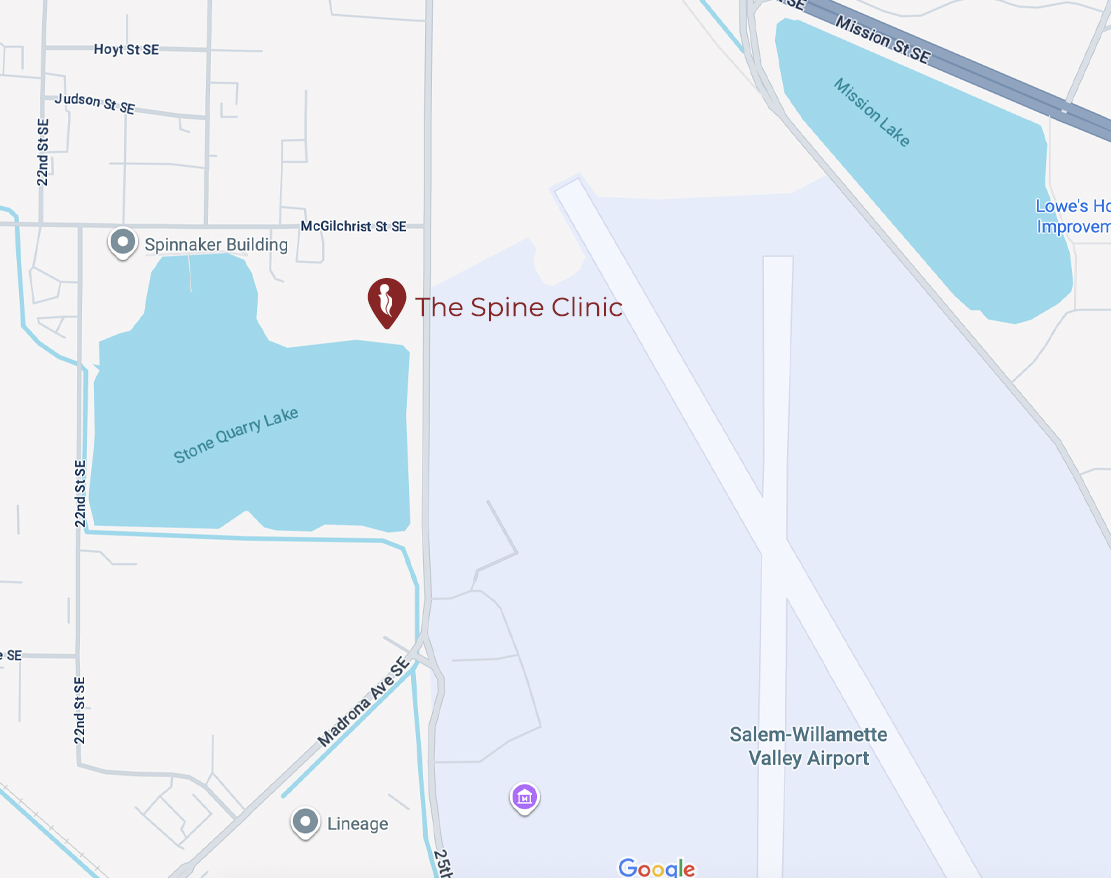A pinched nerve, often referred to as a compressed nerve, occurs when there is excessive pressure on a nerve. It can happen in various parts of your body. However, it commonly occurs in the neck, shoulders, and back.
Symptoms of a Pinched Nerve
Pain - The most known symptom of a pinched nerve is pain. The pain can be stinging, dull, or burning. It can radiate from the site of the pinched nerve to other parts of the body.
Numbness and Tingling - Another common symptom of a pinched nerve is numbness and tingling. It can occur in the body where the nerve got pinched or in other areas the nerve supplies.
Weakness - A pinched nerve can cause weakness in the muscles that the nerve supplies. It can make it difficult to move the affected limb or muscle.
Sensitivity - Some people with a pinched nerve may experience increased sensitivity to touch or pressure in the affected area.
Loss of Coordination - In some cases, a pinched nerve can cause loss of coordination, making it hard to perform motor tasks or walk.
Headaches - Pinched nerves in the neck can cause headaches and migraines.
Causes of a Pinched Nerve
Herniated disc is one of the most familiar causes of a pinched nerve. It occurs when the soft inner material of a spinal disc bulges out and exerts pressure on a nerve. Bone spurs, or osteophytes, can also form on the bones of your spine and exert pressure on a nerve. Arthritis can also cause inflammation in the joints of the spine. It can put pressure on a nerve.
Trauma or injury to the spine, such as from a car accident or sports injury, can cause a pinched nerve. Repeating the same motion can cause a pinched nerve, such as typing on a computer or playing a musical instrument. Poor posture can exert extra pressure on the nerves in the neck and shoulders, leading to a pinched nerve. Excessive weight can also add pressure on the nerves, leading to a pinched nerve.
Diagnosis of Pinched Nerve
A doctor will typically begin by conducting a physical exam, during which they will check for areas of tenderness and observe your range of motion. Imaging tests, such as an X-ray, MRI, or CT scan, can help identify the cause of a pinched nerve.
Treatment of Pinched Nerve
Rest is the first line of treatment for a pinched nerve. Chiropractic care can help stretch and strengthen the muscles around the affected area and improve the range of motion.
Ibuprofen and acetaminophen are two over-the-counter painkillers that can assist in lessening discomfort and inflammation. Sometimes, a doctor may prescribe stronger medications, such as steroids, to reduce inflammation. Applying ice to the affected area can help relieve pain and inflammation, while heat therapy can help increase blood flow and promote healing.
Surgery may sometimes be necessary to relieve pressure on a pinched nerve. It can include procedures such as a microdiscectomy or laminectomy. Some lifestyle changes can help. Start maintaining a healthy weight, practicing good posture, and taking regular breaks when performing repetitive motions.
Prevention of Pinched Nerve
Maintaining a healthy weight, practicing good posture, and taking regular breaks when performing repetitive motions can help avert pinched nerves and alleviate symptoms. Stretching and exercise can help keep the muscles around the affected area robust and flexible. Be mindful of your sleeping position. Sleeping on your side or back with a supportive pillow can help prevent pinched nerves.
For more about pinched nerves, visit The Spine Clinic at our office in Salem, Oregon. Call (503) 362-5555 to book an appointment today.









